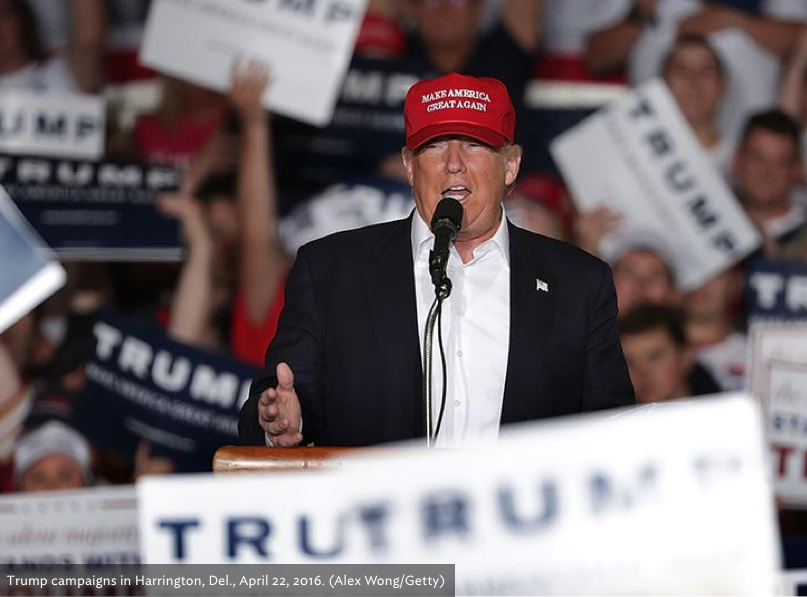What are we going to learn from all this? In the midst of a bitter, tumultuous, divisive primary season, Republicans have seen their chances of taking back the White House plummet as the number of likely scenarios dwindles: Ted Cruz or Donald Trump could ride into the fall as a damaged candidate and get slaughtered by Hillary Clinton; or Republicans could unite around the nominee in Cleveland and propel him to victory over Clinton, saving the party’s Senate majority, and ensuring that eight years of Obama’s progressivism is rolled back.
Whatever happens, 2016 will inevitably leave the GOP with a lot to ponder for the future. Here are the biggest questions that the rest of the cycle will answer for Republicans:
1. Is the failure of Republican governors in 2016 a trend that will continue in future cycles? The post-mortems should begin at the beginning. A big piece of the conventional wisdom entering 2016 was that Republicans had a deep bench of successful governors who had enacted conservative policies and brought economic renewal to their states, and who could promise to do the same nationally. Scott Walker, Rick Perry, Bobby Jindal, Chris Christie, Jeb Bush, Mike Huckabee, and John Kasich entered the race to applause and great expectations. Then, they dropped out, one by one. (Kasich is still standing, but has no viable path forward, the protestations of his team aside.)
An accomplished governor who’s managed to pass big, consequential bills through a state legislature may still be the best presidential option for the GOP. But at least in this cycle, Republican voters have failed to respond to one man after another who fit that bill. Donald Trump’s success suggests Republicans want someone who is as angry as they are about illegal immigration, an insecure border, and a general sense that America’s economy is rigged against them. And that some of the governors above — most notably Jindal and Christie — attempted to project such anger and lost anyway is an indication that governing experience was actually a turn-off for many Republican voters. Will Republican primary voters ever again be persuaded that the skills of a governor matter in a president?
2. If Ted Cruz wins the nomination, how successful will he be turning out new conservative voters? Is there a mass of previously unmotivated conservative voters out there, who sat at home in 2008 and 2012, but who will be stirred to come to the polls by an indisputably conservative nominee? That is the big bet of the Ted Cruz campaign. The good news is that Cruz can point to states where his campaign’s data-driven, micro-targeting approach has worked in the primaries: Iowa, Wisconsin, Kansas. But Trump has had significant success winning these stay-at-home conservatives away from Cruz elsewhere, especially in the South, which was supposed to be the Texas senator’s electoral bulwark. And there are also many states where such voters don’t appear to exist in meaningful numbers. If Cruz’s campaign couldn’t awaken a sleeping giant of previously lethargic voters in the primaries, how likely is it that he — or any other hard-line conservative candidate — can do so in a general election? How certain can any campaign be that this mass of voters is even out there for the taking?
Source: Jim Geraghty, nationalreview.com
 Listen Online
Listen Online Watch Online
Watch Online Find a Station in Your Area
Find a Station in Your Area








 Listen Now
Listen Now Watch Online
Watch Online
